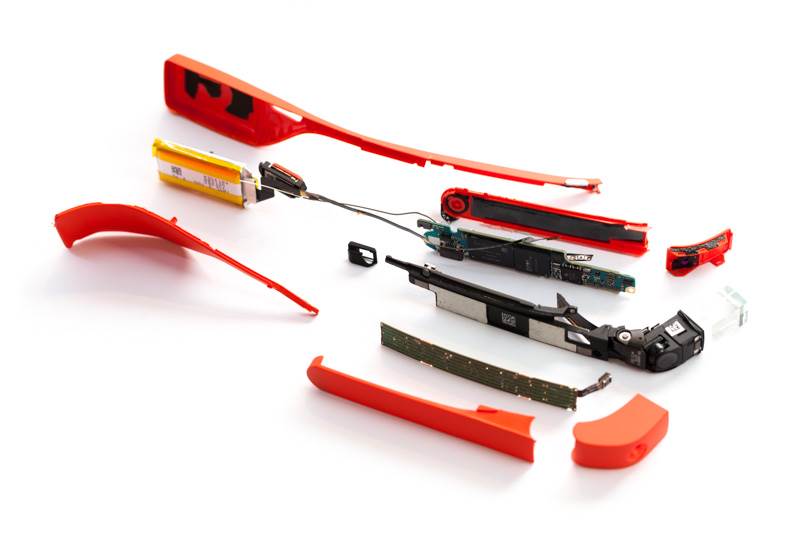![]()
Given the current price of $ 1,500 for Google Glass, how much could the tech giant make? A new analysis estimates that the actual materials cost just under $ 80, indicating the tech giant could really be raking in the cash. However, the powers that be at Google are contesting that as a low-ball figure, saying it simply isn’t accurate.
The analysis was done by Teardown.com, part of tech consultant TechInsights. Teardown took apart the now-famous head peripheral. It estimated the costs of the constituent parts, including display, battery, camera, connectivity components, processor, supporting materials and other pieces, and added $ 2.15 for assembly and testing, plus $ 11.32 for “other.” The final tally: $ 79.78. Teardown often conducts dissections of consumer devices.
Earlier this week, a Google spokesman told The Wall Street Journal that the Teardown.com estimate was “absolutely wrong.” However, Google did not offer its own cost estimate.
Low Cost for Display?
The newspaper pointed out that Teardown’s estimate of the display, touchscreen and glass — $ 3 — appears to be unusually low. In reply, the site said the $ 3 estimate was an initial first take, and it could change after more analysis. Teardown said its teardown was only partially completed, and that a more thorough analysis will be released in the near future.
Additionally, the cost of assembly may have been low-balled, especially since the device is built in California rather than offshore where workers earn extremely low wages. The teardown costs also do not include indirect costs, such as research and development, engineering, user testing, and so on.
To date, one expects that Google has not spent that much on marketing, advertising or distribution, since Glass has received lots of free publicity and has been sold to only a relatively small number of people who have applied to buy the device. But, eventually, those costs will have to be included in any per-unit cost assessment.
Even with all these oversights, and even substantially increasing the costs of the component parts, it is unlikely that Google’s $ 1,500 price is even remotely justified, using standard models for profit. But, the tech giant has not yet had to consider the pricing issue very much, since the demand for the prototype has been so great Google has been able to select which customers will have the privilege of plunking down their money.
The Other Future
Glass isn’t the only futuristic invention that has been attracting attention this week for Google. In a posting on the company’s official blog earlier this week, Google said that it has improved the software on its driverless cars, so the vehicles can better deal with the vagaries of everyday driving.
The new software for the car can now “detect hundreds of distinct objects simultaneously — pedestrians, a stop sign held up by a crossing guard, or a cyclist making gestures that indicate a possible turn,” the company said. Google admitted it still has “lots of problems to solve,” but the project now has 700,000 autonomous miles under the driverless car’s belt.
NewsFactor Network






